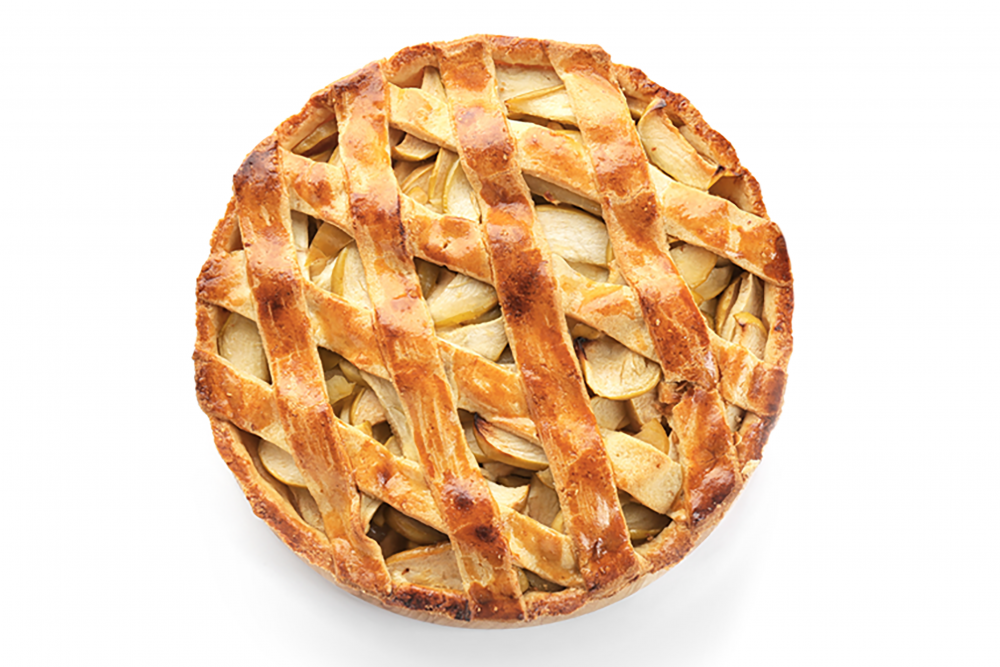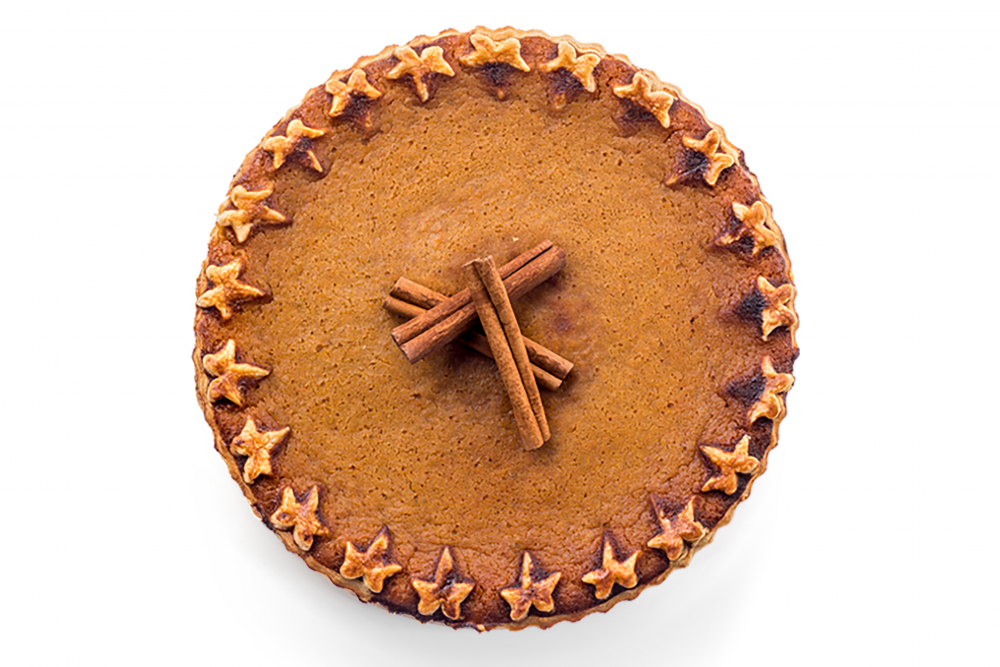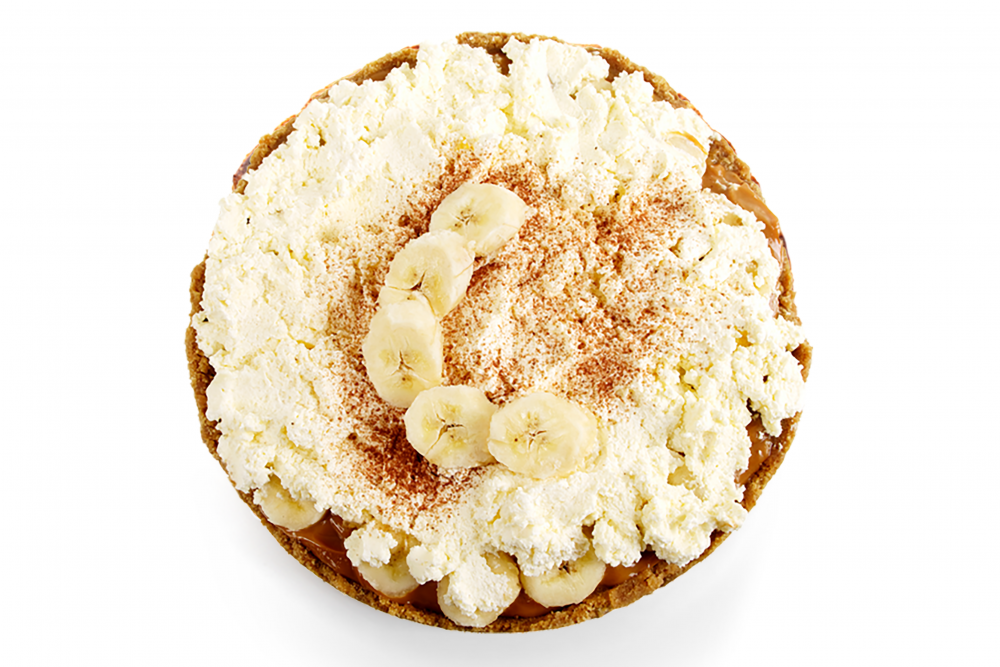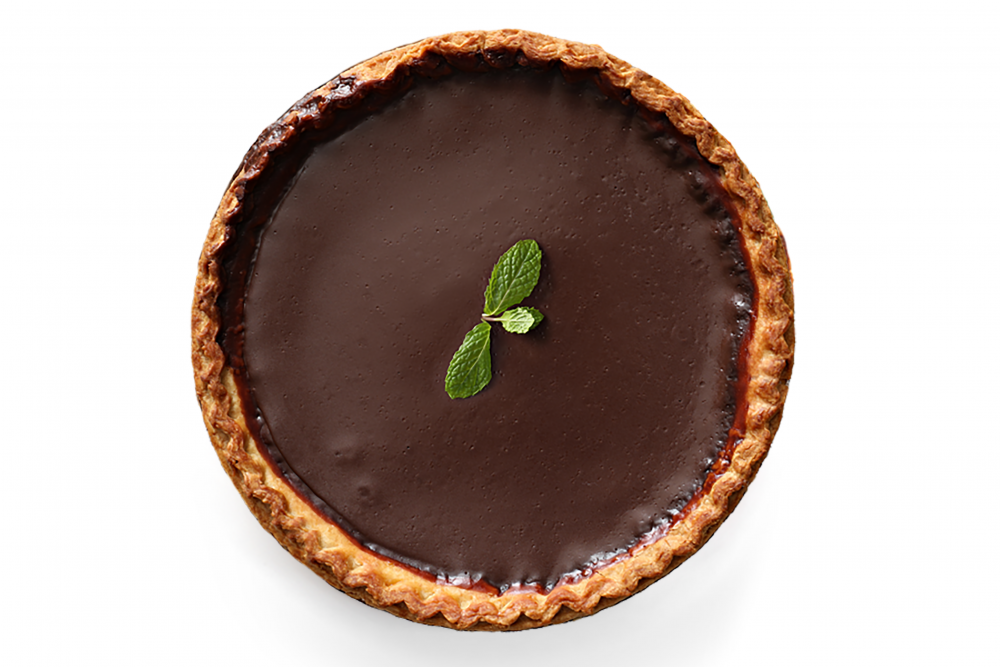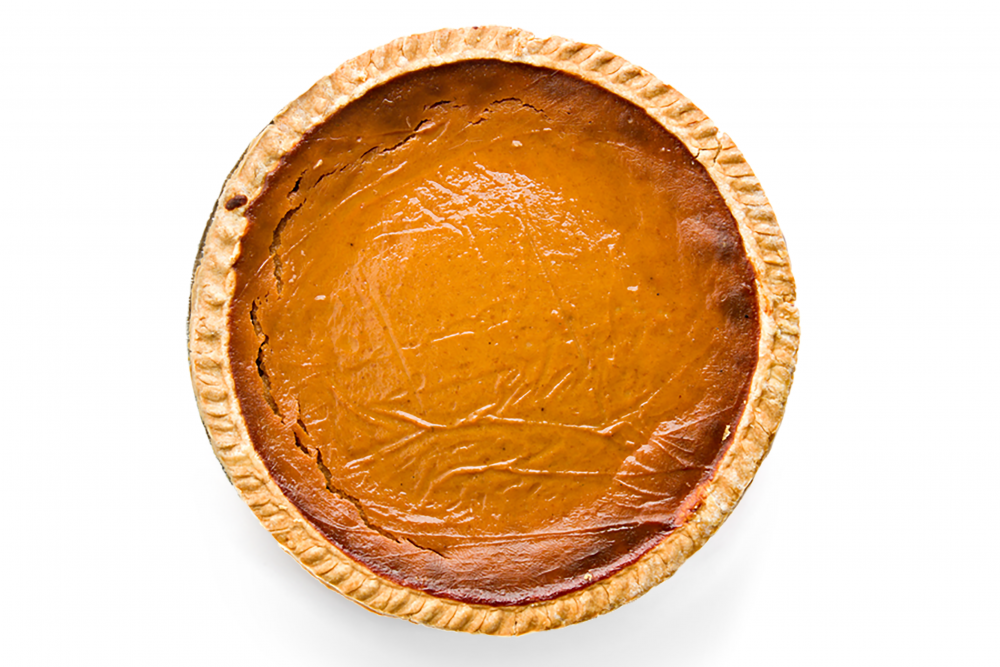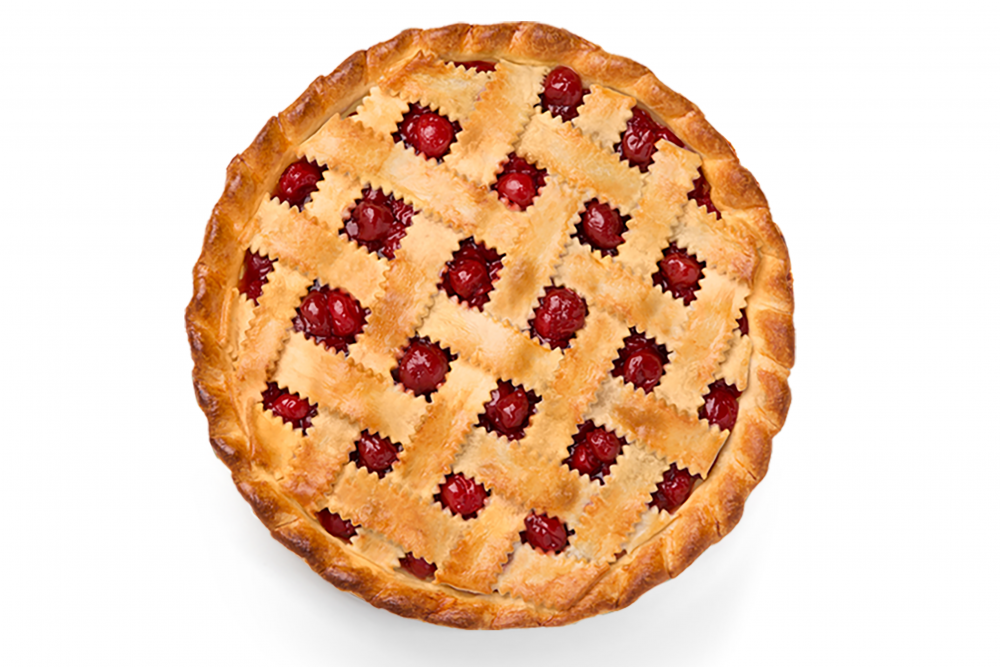3 min Read
“Pies mean Thanksgiving and Christmas and picnics,” notes Janet Clarkson in her book, Pie: A Global History.
The fruit- or cream-filled dessert is a staple at American celebrations, but a combination of factors – including climate change, pests and diseases – is jeopardizing crop yields worldwide, including many key ingredients in holiday pies across the country.
Farmers, researchers and scientists are focused on finding solutions to challenges threatening many culinary mainstays, and thanks to gene editing we can continue to grow key ingredients for our favorite foods. This innovative breeding method allows for scientists to make small changes to crops’ DNA in order to develop stronger varieties that can withstand these risks.
Here are six pies that show how gene editing could help our holiday traditions:
Apple Pie
Apple pie is one of the most popular Thanksgiving desserts, but without innovative breeding, its place among our holiday spread may have an expiration date. Fire blight disease, a contagious infection that can devastate an entire orchard in one season, presents a significant risk to growers. Apple lovers can rest easy though, because scientists recently unlocked the potential of gene editing to protect the fruit from this devastating disease.
Sweet Potato Pie
A versatile vegetable that transcends categories, the sweet potato fits perfectly into many parts of a meal. However, pests and rotting diseases pose a real challenge to the vitamin-rich tuber, so researchers at Tuskegee University in Alabama are looking to gene editing for solutions. By identifying genes responsible for improving yield and resistance, they hope to keep sweet potatoes on our dinner plates for many holiday seasons to come.
Banana Cream Pie
The Cavendish banana, which carries an $8 billion-a-year export industry worldwide and is the key ingredient in a beloved cream pie, is in trouble. Tropical Race 4 (TR4) Fungus – a deadly disease that chokes bananas of water and nutrients, is spreading across banana plantations throughout the globe and threatening the yellow fruit with extinction. Studies into the use of gene editing to protect the banana against TR4 are already underway, and researchers are hoping to see the new-and-improved banana on sale by 2021.
Chocolate Pie
Though a chocolate shortage might sound like a doomsday scenario, it’s not too far from reality. The popular crop is facing real threats to production, including pests like the cocoa pod borer and diseases like black pod disease — both of which are devastating to cocoa yields. Luckily, researchers at the University of California, Berkeley are using CRISPR to develop a stronger cacao tree with greater yield, pest- and disease-resistance and resiliency to the effects of climate change.
Pumpkin Pie
A 2016 survey found pumpkin pie is Americans’ favorite Thanksgiving dessert, but the autumnal crop’s future is challenged by rising temperatures and diseases like powdery mildew. Scientists at Boyce Thompson Institute and the National Engineering Research Center for Vegetables in Beijing have sequenced the genome of two popular pumpkin species, bringing us one step closer to improving the gourd’s climate tolerance and disease resistance.
Berry Pie
Though they are simply sweet, berries have incredibly complex genetic codes that make it difficult for breeders to develop varieties that can withstand a changing climate and other risks to yield. A partnership between food and agriculture company Pairwise, the U.S. Department of Agriculture and select research universities aims to sequence the genetic codes of hundreds of berry plants and streamline genetic information sharing across institutions, laying the groundwork for future initiatives to improve the berry breeding process.

